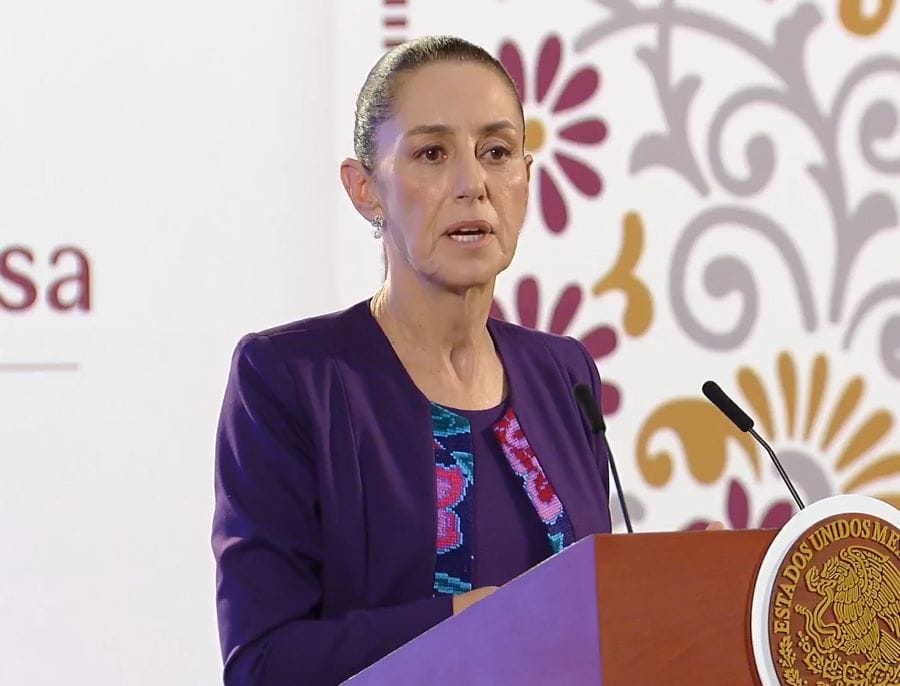Mexico's New President Vows to End Sinaloa Cartel Violence
President Sheinbaum addresses Sinaloa Cartel violence with a new strategy focusing on intelligence, investigation, and addressing root causes. Rejecting past "war on drugs" approaches, she emphasizes arrests and prevention over confrontation.

President Claudia Sheinbaum, in a decisive move to address the surging violence in Sinaloa, promised a robust combination of "investigation and intelligence" on Wednesday to end the internal power struggle within the Sinaloa Cartel. Since the conflict erupted last month, over 140 people have been killed in Sinaloa’s capital, Culiacán, underscoring the pressing need for governmental intervention.
In her daily press briefing, "Mañanera del Pueblo," Sheinbaum emphasized that efforts to stabilize the state would revolve around two key pillars: addressing the root causes of violence and conducting targeted arrests. She articulated a multifaceted strategy to bring peace to the region, but ruled out a return to the “war” approach used by past administrations, citing the imperative to uphold human rights.




